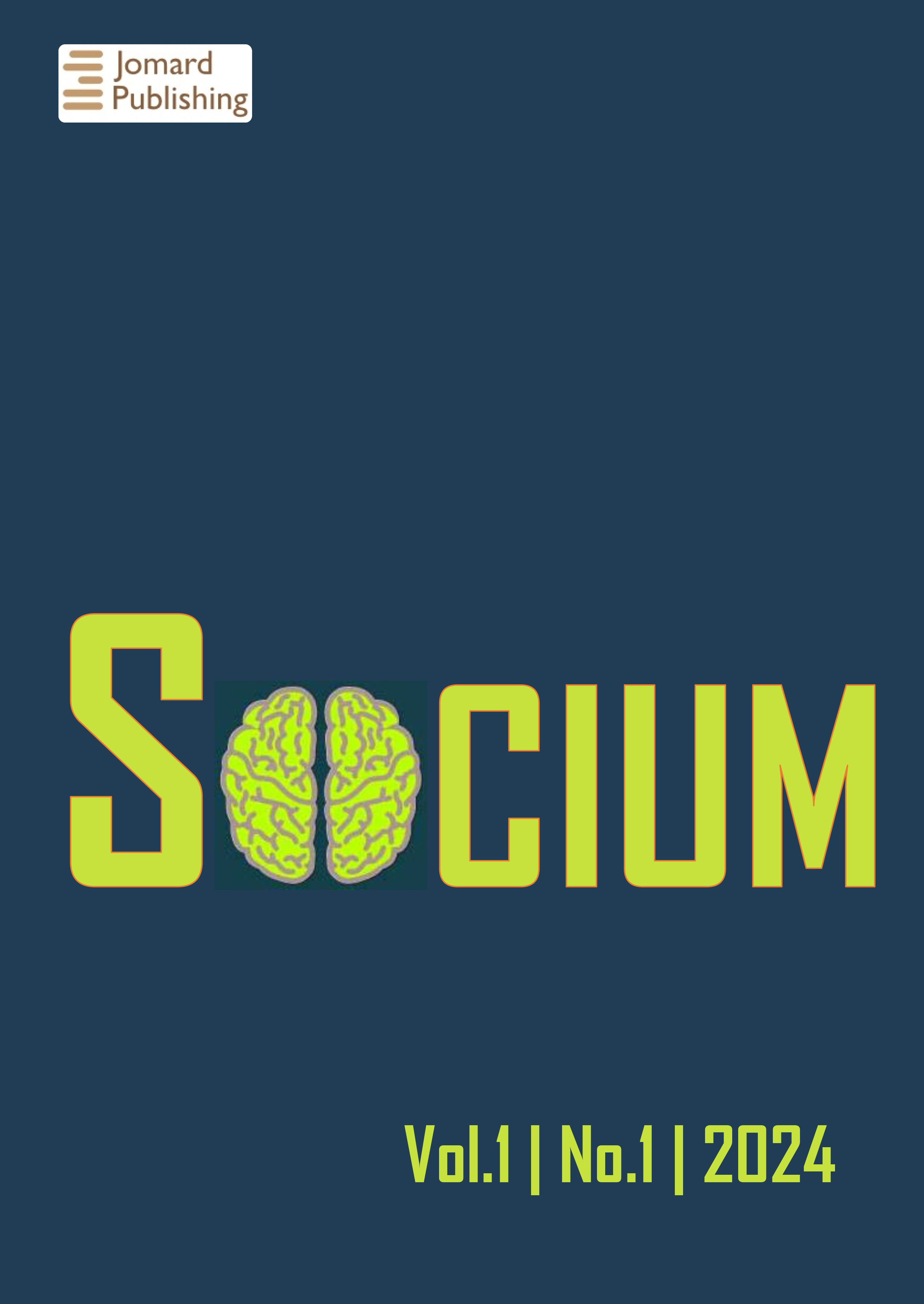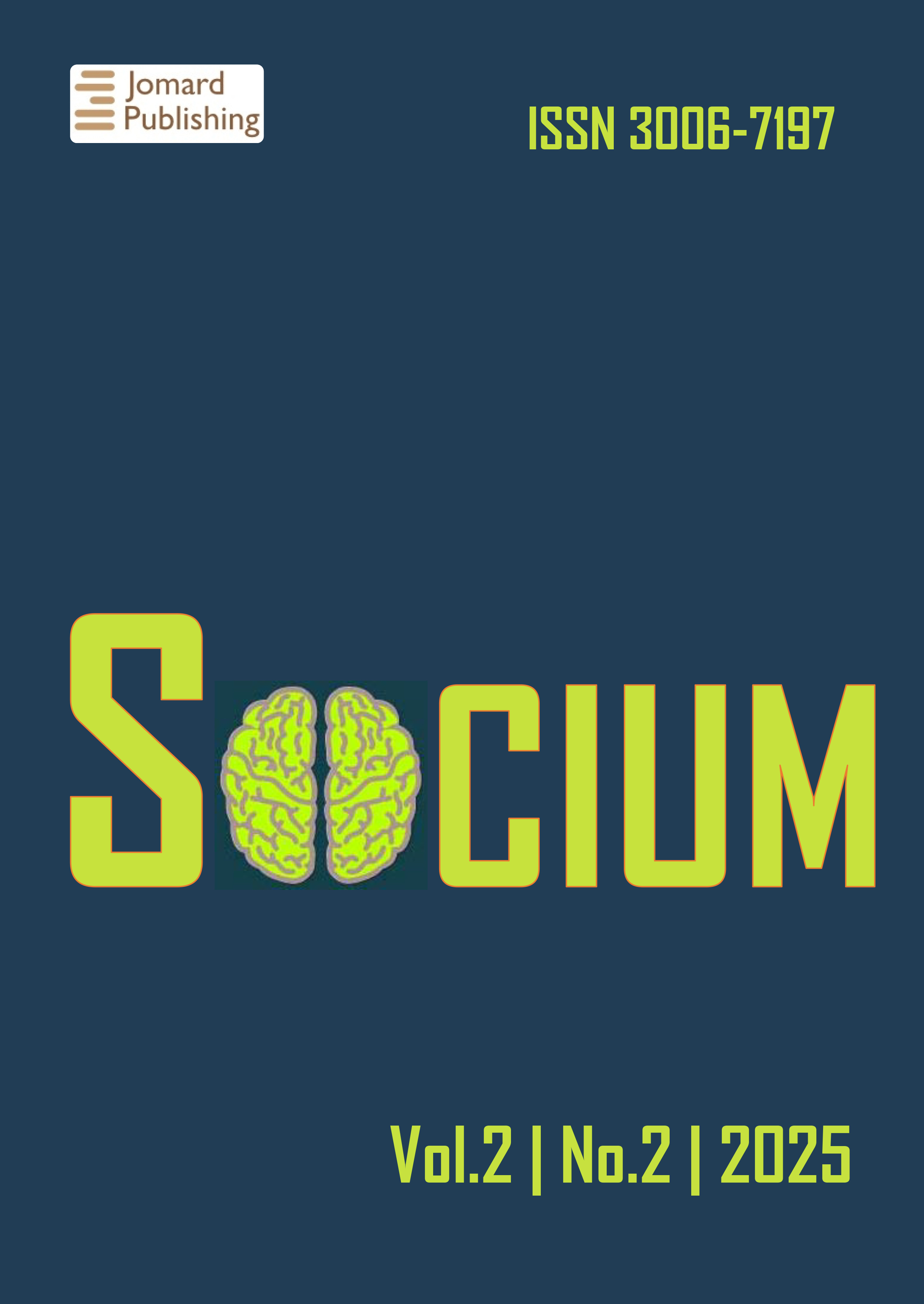The Conventional System of Zakah Versus the Holy Quran: An Econometric Model of Payers and Receivers
- Published: 19-06-2025
Share
Zakah is the obligatory socio-economic act of worship most often mentioned in the Holy Qur'an, along with Salah. The rules given by Almighty Allah, especially regarding the obligatory acts, have been changed from the beginning by the plot of Satan (Devil). This article examines whether Muslim countries have Zakah management according to the principles and regulations mentioned in the Holy Quran. Contemporary data from forty Muslim-majority countries were collected and analysed to achieve this objective. A thorough review revealed that the conventional system of Zakah has a Nisab (minimum amount) and a rate of 2.5%. These two basic elements are not mentioned anywhere in the Holy Quran. Moreover, it appears that all forms of management of Zakah have been developed purely on economic considerations; that is, the social aspect has been completely rejected. In addition, some countries collect this Zakah officially, which is spent in unauthorised ways contrary to the Holy Quran. Although the principle of harvest, excess and Khumus (one-fifth) of the Holy Quran identifies the Zakah receiving class, there is no such distribution system among those classes either by Zakah or otherwise. Therefore, this paper humbly requests a more in-depth study on Zakah based on the Holy Quran.
- View 573
- Downloads 96
- Saveds 0
- Citations (Crossref) 0

